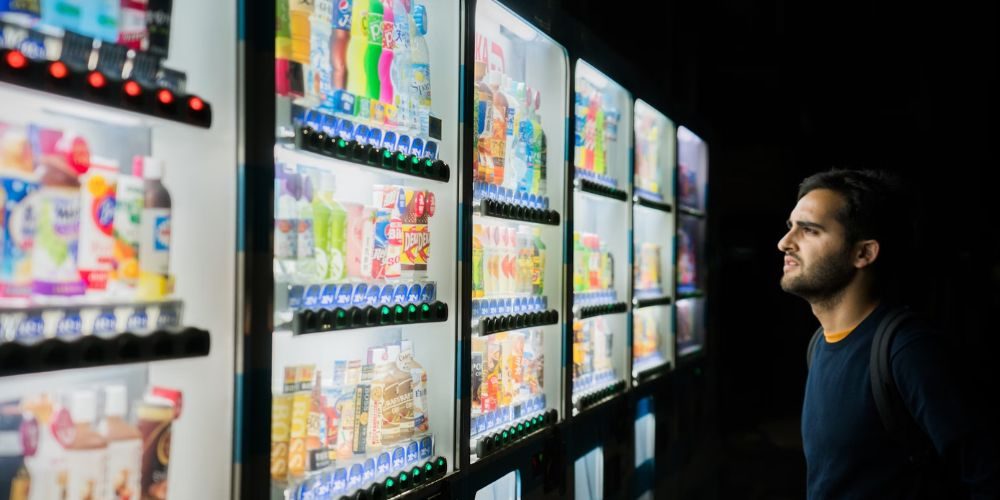
Brewing Controversy: Unraveling the Bud Light Boycott

In a world fueled by opinions, the recent Bud Light boycott has stirred quite the commotion. It’s not your typical tale of “go woke, go broke,” as we dive into the intriguing dynamics of this beverage brand’s decline. Let’s unravel the layers and understand why the Bud Light boycott is more than just a fleeting controversy.
The Allure of Moral Outrage
People have a knack for moral outrage, irrespective of political affiliations. It’s a universal truth for those with rigid beliefs, leaving little room for empathy towards opposing views. Think about the smoking debate on cruise ships – opinions clash, but rarely do individuals give up something they enjoy based on moral grounds.

Pexels | Moral Outrage in Consumer Choices
- Polarizing Issues: On topics like smoking, strong opinions take center stage.
- Rare Compromise: Finding middle ground is a rarity in passionate debates.
The Anatomy of Failed Boycotts
Boycotts often crumble because sacrificing for principles can be painful, with no guarantee of inflicting damage on the target. Liberal or conservative, people tend to stick to what they love, even if it means overlooking the supposed moral shortcomings of a product or brand.
- Boycott Challenges: Sacrificing for principls lacks a guarantee of success.
- Product Loyalty: Consumers often prioritize personal preferences over moral stances.
Anheuser-Busch InBev’s Unique Predicament
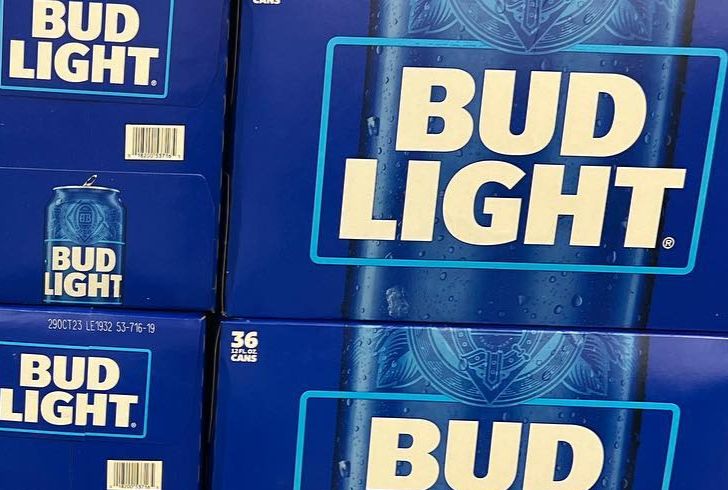
Instagram | Bud Light Boycott Unveiled: A Closer Look Beyond Scandal
The Bud Light boycott isn’t your typical narrative of a brand pushing conservative boundaries too far. Instead, it sheds light on a brand facing consequences not because it offended, but because it offered a product easily replaceable.
- Mediocrity Backlash: Bud Light’s mediocrity makes it an easy target for boycott.
- Product Substitutability: Easy replacement options contribute to the boycott’s success.
Why Bud Light?
Unlike major players like Disney, Starbucks, or Target, Anheuser-Busch is hardly as “woke.” These brands have made long-term commitments to supporting the LGBTQ+ community, making them less susceptible to boycotts due to their unique offerings and strong brand loyalty.
- Brand Commitment: Brands like Disney and Starbucks have committed to social causes.
- Unique Offerings: Unique products make boycotts more challenging for certain brands.
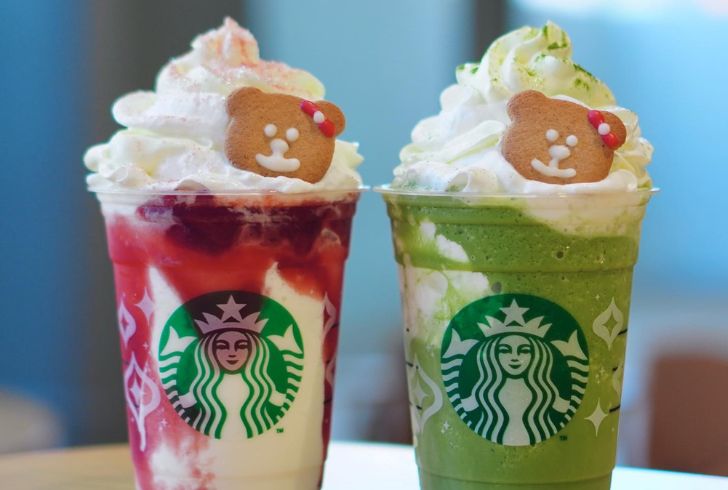
Instagram | The Power of Easy Replacements: Bud Light Faces a Unique Backlash
Making Sacrifices for Causes
Boycotting Disney means missing out on the latest “Star Wars” shows, a sacrifice with no immediate substitute. However, switching from Bud Light to a competitor under the guise of moral outrage involves minimal personal cost, making it a powerful tool in this scenario.
- Cost of Boycotting: The impact of boycotting is higher when there’s no substitute.
- Easy Switch: Switching light beers involves minimal personal cost and effort.
In the realm of boycotts, the Bud Light saga stands out as a lesson in brand vulnerability. It’s not always about pushing boundaries too far; sometimes, it’s about offering a product that’s easily replaceable. As we navigate the complexities of consumer choices, the Bud Light boycott serves as a reminder that, in the battle of principles, the ease of substitution can make all the difference.
More in Bank Stories
-
How to Lock In a ‘Good’ APR on Your Personal Loans?
When it comes to borrowing, understanding the intricacies of the Annual Percentage Rate (APR) can feel like deciphering a secret code....
March 13, 2024 -
How to Find the Best Personal Loan With Easy Monthly Payments in 2024
A personal loan is an amount of money borrowed from a financial institution, which you pay back in regular monthly payments...
March 8, 2024 -
Why Italy Tops the List for Solo Adventurers
Forget the guidebooks and ditch the group tours. If your soul craves an adventure that’s uniquely yours, then pack your bags...
March 3, 2024 -
From Talking Cars to AI: The Latest Car Tech at CES
Imagine having a chatty companion on your next road trip. One that tells jokes, remembers your preferences, and even helps plan...
February 24, 2024 -
Know the Pros & Cons of Personal Loans Before Applying!
Are you eyeing a personal loan, perhaps to consolidate debt, finance a home renovation, or cover an unexpected expense? Before you...
February 17, 2024 -
What Are Some Major Benefits of a Business Bank Account & How to Open One?
A business bank account is not just a fancy accessory. It is a necessity. Imagine your business as a high-performance vehicle....
February 7, 2024 -
Navigating the Ties Between Love, Living Together, and Financial Security in Retirement
Picture this: you’re nearing retirement, a time for relaxation and enjoying the fruits of your life’s hard work. But here’s a...
January 29, 2024 -
Top 5 Superyachts of 2022
In a world where social distancing became the buzzword, the allure of superyachts took on an even more glittering appeal in...
January 23, 2024 -
Mark Cuban’s Proven Tips for Business Success
Dive into the dynamic world of entrepreneurship with the maverick mind of Mark Cuban, a serial entrepreneur whose $4.6 billion fortune...
January 20, 2024



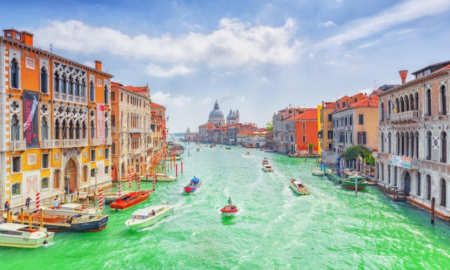
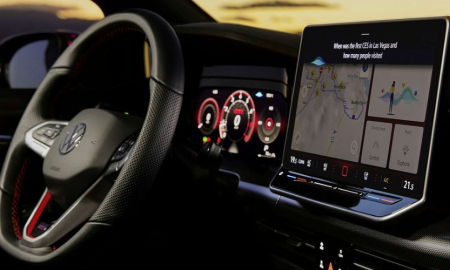




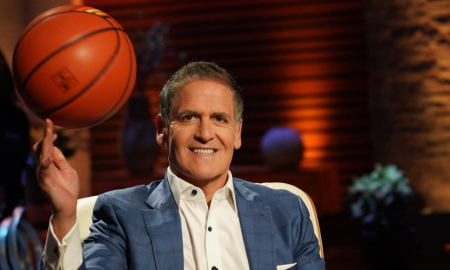




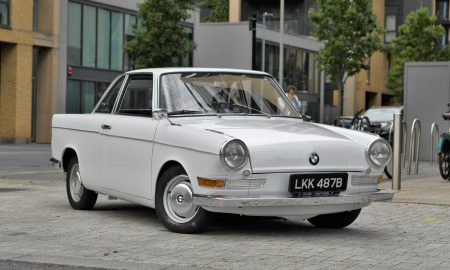
You must be logged in to post a comment Login